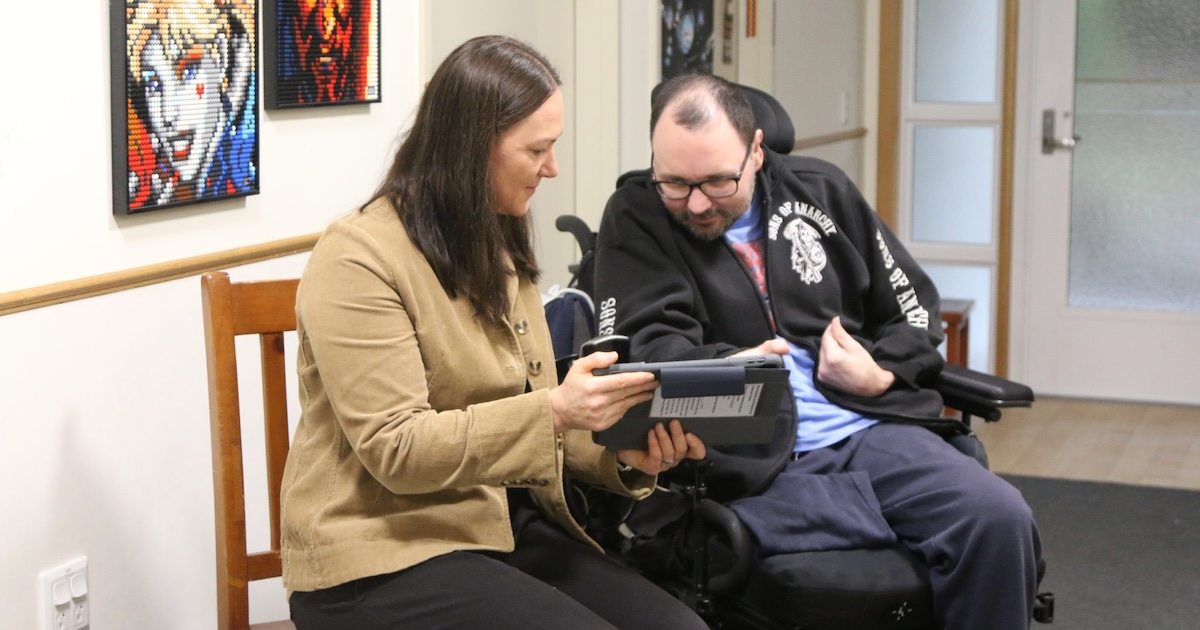Digital solutions and technology have improved connectivity between patients and providers and brought Australia to the brink of a transformative phase in healthcare, according to professional services firm MinterEllison.
The company’s national healthcare leader, Shawn Evans, singled out five areas where healthcare is currently undergoing rapid change, including health trackers, home health, the mobile health workforce, telemedicine and air drop (medical supplies and prescription drugs delivered by autonomous vehicle or drone).
Many of these technological advances – most specifically telehealth and drone-based delivery – could bring improved aid to Australians in far-flung parts of the country.
In some cases, technologies can be combined, MinterEllison noted, such as Skype-based consultations with medical professionals that can be augmented by data from health tracking devices like smartwatches.
Similarly, home health will be improved by the presence of mobile health apps and trackers that can deliver access to high quality information and remote home monitoring, allowing patients who input their own data and questions to liaise with a virtual doctor or connect to one online.
The firm also noted the rise of health-based technologies brings with it a host of complex legal, security and ethical questions.
“Australia is moving into a new paradigm for healthcare delivery where the focus is on the patient and patient centricity,” Evans said. “Inherent in these rapidly emerging technologies are both challenges and opportunities for the healthcare sector in Australia.”
He noted MinterEllison is experiencing increasing demand to advise on patient safety, insurance, liability, privacy and management of health information, cybersecurity, workforce reform, contracts and navigation of existing regulation that has not caught up with the pace of change and impact of digital disruption.
A recent Melbourne Institute Health report also strongly indicated digital technology has the potential to bring doctors and patients together online through teleconsultations and shared electronic health records.
The report also predicted the evolution of the medical workforce would also be influenced by continued improvements in technology, information and data, with the uptake of digital technology by doctors likely to increase since the junior doctors of today have grown up using and interacting with it.
Young people in Australia are driving the digital healthcare market with demands for mobile and virtual services, according to an Accenture survey of 1,036 Aussie consumers 18 or older.
The study found digital options are gaining popularity, with more than a fifth of all respondents having used some form of virtual care, and nearly a quarter of respondents (23 percent) having already arranged on-demand health services through mobile apps or online tools.
